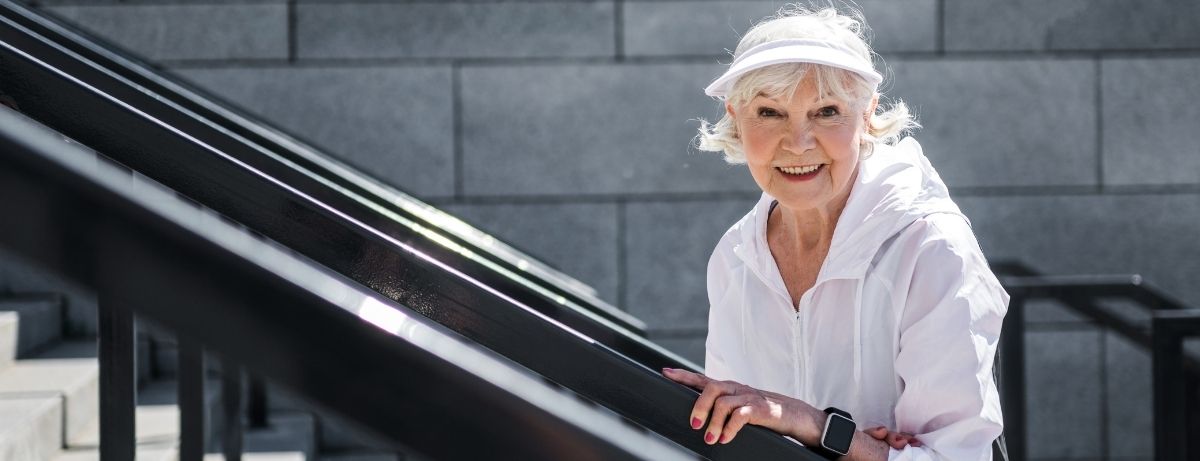Easy Ways to Prevent Falls

Simple Tips to Prevent Falls
Each year, thousands of older men and women are disabled, sometimes permanently, by falls that result in broken bones or trauma. Yet small changes in homes and lifestyles can help.
The changes associated with aging include a decrease in vision, hearing, muscle strength, coordination and reflexes. These changes can make people more likely to fall. Older people also are more likely to have disorders that may affect their balance, such as diabetes and conditions of the heart, blood vessels, nervous system and thyroid. In addition, they often take medications that may cause dizziness or lightheadedness.
Steps to take
Taking these steps may reduce your chances of falling:
- Talk to your doctor or pharmacist about the side effects of the drugs you take. Could they affect your coordination or balance?
- Have your vision and hearing tested often. Wear a properly fitted hearing aid and eyeglasses if recommended by your doctor.
- Don’t get up too quickly after eating, lying down or resting. A sudden decrease in blood pressure caused by standing too quickly may cause dizziness at these times. This can be made worse by medications, particularly those used to regulate blood pressure and to treat an enlarged prostate.
- If you get too hot, especially when taking any medications, you might get dizzy and faint. Drink adequate amounts of water and other liquids and limit exercise on hot days, according to your doctor’s instructions. Try to stay in an air-conditioned place during the hottest part of the day.
- If your gait is unsteady, use a cane, walking stick or walker to help stay balanced. This is especially important on uneven or unfamiliar ground. Use special care when walking outdoors on wet or icy sidewalks.
- Limit how much alcohol you drink. Even a small amount can affect your balance and reflexes.
- Wear rubber-soled, low-heeled shoes that fully support your feet. Don’t wear smooth-soled slippers or socks on stairs or waxed floors.
- Exercise regularly. Doing so can help you maintain your strength and muscle tone and keep your joints, tendons and ligaments more flexible. Ask your doctor or a physical therapist to plan an exercise program suitable for you. Weight-bearing exercise can keep your bones stronger and help prevent fractures should a fall occur.
- Always keep one hand on a handrail when using a stairway
Make your home safe
Many older people fall because of unsafe surroundings at home. Use the following suggestions to safeguard against some likely household hazards.
- Besides being clutter-free, stairways, hallways and pathways should have good lighting and firmly attached carpet with rough texture or abrasive strips to ensure secure footing. Stairways also should have tightly fastened handrails running the whole length of all stairs. You may want to double up on handrails, adding railing to the opposite side of the stairs.
- Bathrooms should have grab bars placed both in and out of tubs and showers and near toilets. Nonskid mats and abrasive strips or carpet should be installed on all surfaces that may get wet.
- Bedrooms and living areas should have carpet or area rugs that are firmly attached to the floor, and electrical cords and telephone wires should be placed away from walking paths.
